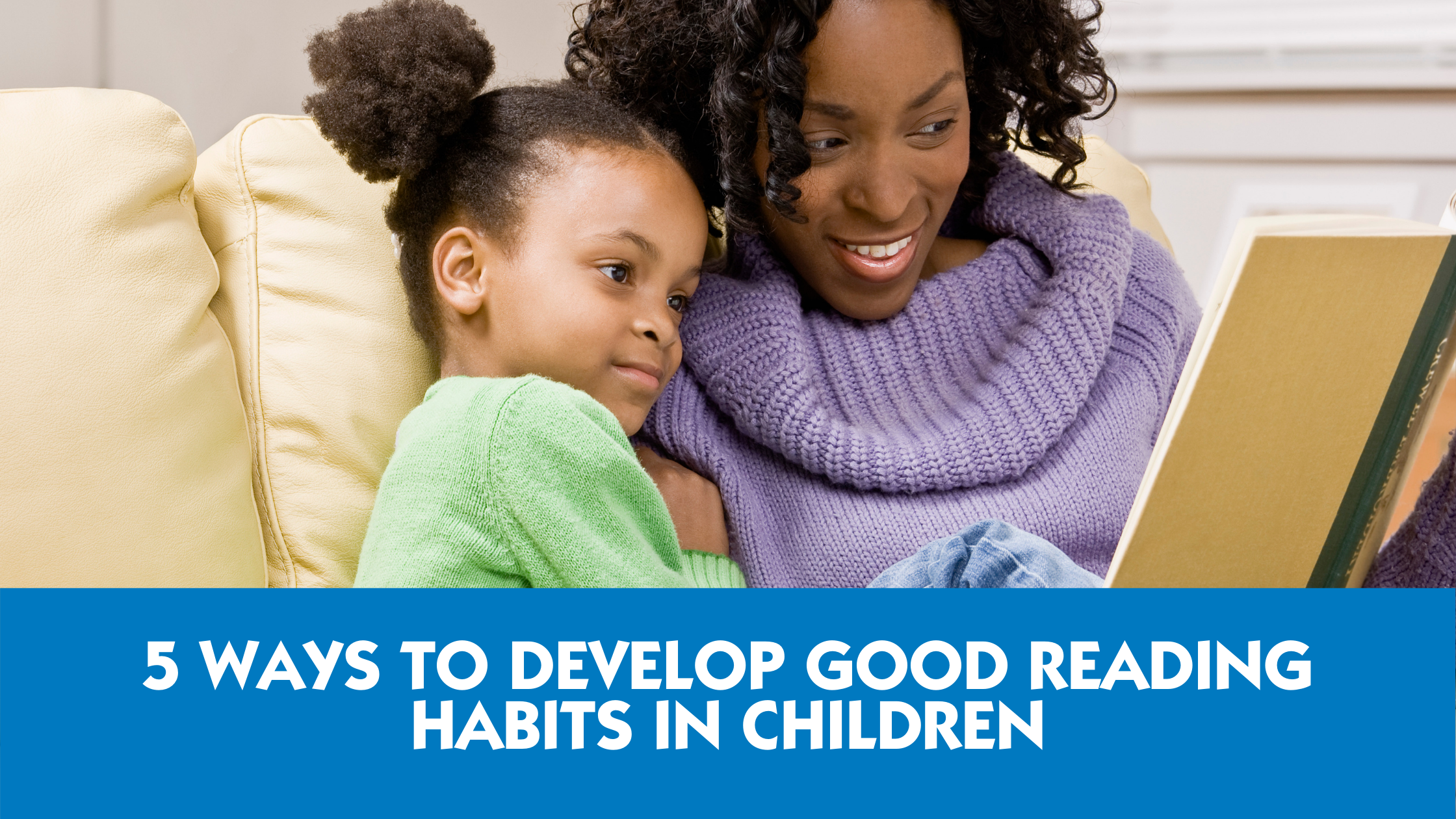
In the first 12 months of your child’s life, development happens very quickly. Since everything is so new for your infant, you can expect them to be reaching new development milestones almost every month. A prominent milestone for infants, one that is sure to keep you on your toes for years to come, is the development of their motor skills.
Gross Motor Skills and Fine Motor Skills
The development of your infant’s motor skills comes in two parts: gross motor skills, and fine motor skills. Gross motor skills refers to the larger, strong muscle groups of the body, which enable your infant to do things such as hold their head up, sit, crawl, and eventually walk. Since these skills require the development of larger muscles, gross motor skills won’t begin to develop until about 3 months. From there, your child will be able to accomplish the following in their first year:
- 3 – 6 months: your infant will begin to be able to: hold their head steady in a seated position, reach out for toys, stand when held, and be able to put weight on their arms when laying on their stomach. It is during this time you will see the largest array of learning, as the arms, legs, and head are all able to be moved on their own for the first time.
- 6 – 9 months: your child should be able to sit on their own, pivot on their stomach, and stand while holding onto a support.
- 9 – 12 months: you will experience your infant crawling over and around objects, move from sitting to laying down, and pull themselves up to a standing position.
Accompanying gross motor skills, fine motor skills refer to the movements made using the small muscles of the hands. Fine motor skills develop more as the whole body starts to move and become more stable. Fine motor skills also indicate that your child’s cognitive, social, and emotional skills have developed, and are improving. The following fine motor skills will be developed in your infant’s first year:
- 0 – 4 months: your infant will be able to: turn their head towards sounds and voices, move their arms together and apart, and bring their hands to their mouth. At 4 months, they should also be able to lift their head and shoulders off the floor when lying on their stomach.
- 4 – 8 months: you will experience your infant grabbing objects within their reach, passing objects from one hand to the other, and propping themselves on their arms when laying on their stomach.
- 8 – 12 months: your child will: reach, grab, and put objects in their mouth, let go of objects on purpose, wave hello or goodbye, hold their own bottle or utensils, and pinch small objects between the thumb and pointer finger.
How To Help Your Infant Learn
Your infant has so much to learn in their first year. To aid and encourage the growth and development of their gross and fine motor skills, there are a number of things you can do:
- 0 – 3 months: make sure you baby has plenty of time on their tummy, as this will help to strengthen the muscles in their back, shoulders, arms and hands.
- 4 – 6 months: play and draw attention to their hands often, and shift their position often to help challenge their motor skills development.
- 7 – 9 months: let your infant do things by themselves, and supply toys and activities where children can be using their hands, fingers, and objects.
- 10 – 12 months: introduce objects that challenge the fine motor skills further, by gripping or holding, such as yarn, and work on the coordination between fine and gross motor skills.
Having a better idea of what skills and abilities your child should roughly be able to accomplish each month is a great way to make sure you are encouraging development within their abilities.
Infant Development at Childventures
At Childventures, development of motor skills is integrated in daily activities for all age levels, with the specific activities and objects suited age-appropriately for each level of learning. Using our qualified educators as guides, children are able to grow and develop their skills in a safe, friendly, and creative environment. If you would like to learn more about how we facilitate the growth of motor skills in our programs for your infant, please contact us. We’d love to hear from you!

